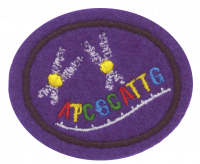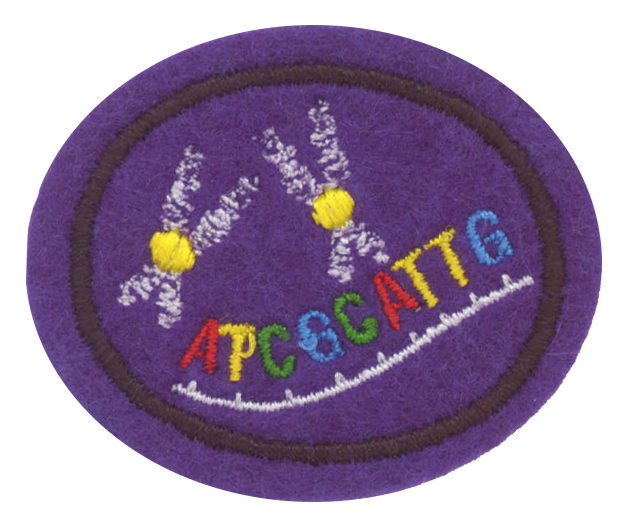AY Honor Heredity Requirements
1. What is meant by the term "heredity"?
2. Draw a picture of an animal cell and label the following parts: Cell membrane, cytoplasm, nucleus, nuclear membrane, golgi bodies, ribosomes.
3. Explain the following:
- a. What is a chromosome and where are they located?
- b. What is a gene and where is it found?
4. Explain the following:
- a. What is meant by the term "allele"?
- b. How does a dominant allele differ from a recessive allele?
- c. Determine which allele you have of the following genetic traits:
- i. Widow's Peak
- ii. Free Earlobe
- iii. Dimples
- iv. Curved Thumb
- v. Bent Pinky
- vi. Digit Hair
- vii. Rolling Tongue
- viii. Second Toe Longer
- d. Using a punnett square, predict the ratio of offspring produced from these monohybrid crosses: TT (tall) crossed with tt (short), Tt (tall) crossed with Tt (tall), Tt (tall) crossed with tt (short).
5. Explain the following:
- a. What does the process of mitosis accomplish?
- b. Draw a sequence of cells that shows the process of mitosis including: prophase, metaphase, anaphase, and telophase.
- c. Briefly explain how the DNA in the chromosomes is copied during this process.
6. Explain the following:
- a. What does the process of meiosis accomplish and how does it differ from mitosis?
- b. Draw a sequence of cells that shows the process of meiosis including: prophase I & II, metaphase I &II, anaphase I & II, and telophase I & II.
- c. Do the cells resulting from meiosis remain haploid? Explain.
7. Describe how DNA encodes the specific proteins that result in genetic traits. Demonstrate your knowledge of this process by using diagrams or paper models.
8. What is mutation? Using diagrams or models created in question 7, illustrate the effect of a mutation on the genetic trait.
9. Know at least five genetic disorders and tell a story about a famous person or someone that you know who has had one of these disorders.
10. Is Biological Heredity the only factor contributing to your character, i.e., what makes you who you are?
11. Find 3 statements from Ellen White's writings that relate to the previous question.


